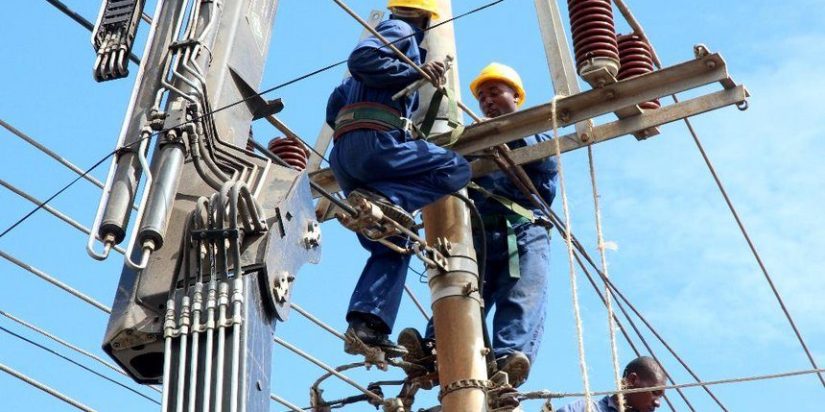
Explainer Briefly Slides We missed this earlier: Satellite communication company Viasat and Indian telco BSNL have demonstrated direct-to-device satellite connectivity in India for the first time. Direct-to-device connectivity is a technology that allows regular devices (mobile phones, smart watches, etc) to connect with both terrestrial and satellite networks without any need for additional hardware. The duo has demonstrated two-way messages between two devices and SoS messages for a commercial Android smartphone enabled for satellite connectivity.
They sent these messages roughly 36,000 km to one of Viasat’s geostationary L-band satellites. “In the future, D2D could help transform the Indian production and supply chain to become more efficient, more sustainable and safer, and support automotive applications to enhance safety and conditions-based maintenance,” Sandeep Moorthy, the Chief Technology Officer (CTO), Viasat said about this development. What is the current status of satellite communication services in India? In December last year, the government passed the Telecommunication Act, 2023 and as per this act, satellite companies will get spectrum via the administrative allocation method.
This is different from the process the government currently has in place for terrestrial networks that telcos like Airtel and Jio currently operate on, wherein companies have to participate in an auction and bid for spectrum. While the government has released a range of rules to operationalise the Telecom Act, it is yet to finalise the process for satellite spectrum allocation. In September, the Telecom Regulatory Authority of India (TRAI) released a consultation paper seeking inputs on the terms and conditions for satellite spectrum allocation.
This paper seeks comments on a range of issues such as the frequency bands the government should allocate to non-geostationary orbit (NGSO) based Fixed Satellite Services (FSS) for providing data communication and Internet service. For context, NGSO satellites are those that do not maintain a stable position with respect to the surface of the Earth and FSS uses ground equipment at set locations to support voice, data, and video including internet services. In the relative uncertainty around the process of satellite spectrum allocation so far, providers like Airtel have pushed for provisional allocation of spectrum to NGSO satellites.
As such, in October, the government provisionally allocated satellite spectrum to Airtel and Jio for a period of six months, according to a report by the Economic Times. Also read:.














